Should I Go Back To Rehab After A Relapse? Elevate Addiction Services
Sober living
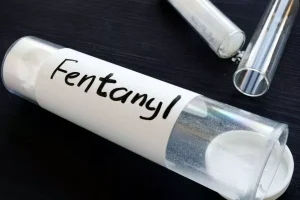
This will provide you with the ability to detect and stop that setback. If you’re having trouble deciding whether or not to join rehab again, however, we’ll go over some of the potential issues you should keep in mind. Right now, you might be on what feels like a never-ending Ferris wheel of using and quitting, using, and quitting, and so on. In these cases, the best way to end the cycle is to give up fighting it and reach out for help. No matter how confused or overwhelmed you may feel, there are ways of determining whether you should return to rehab. Contact us today to find out which program might be right for you, or to begin the process of arranging for treatment.
- Many addicts are unaware of this fact and feel intense guilt and remorse when they “slip” and use.
- In part, this is because you’re less likely to attend 12-step meetings and more likely to isolate once you return to a pattern of using.
- Calls to any general helpline will be received by Still Behavioral Health Group, a paid advertiser.
- Because of this, going back to rehab is often just another one of the steps to lasting recovery.
- This is where finding new hobbies, shared experiences, and making new friends comes into play.
Exercise Daily
If you’re concerned that you’ve lost control of your sobriety, going back to a treatment program is worth considering. The best treatment center graduates plenty of people who eventually relapse. If you relapse, you might want to consider different treatment options.
- We want to give recovering addicts the tools to return to the outside world completely substance-free and successful.
- With so many possible triggers, an AUD relapse is not out of the ordinary as 40-60% of substance users experience a relapse.
- We all need a touch-up on the things we are working on sometimes, and a relapse is best viewed as an indication that you need to make some adjustments to what you are doing to maintain recovery.
- Remember that your spiritual, mental and physical wellbeing are the foundations of a successful recovery.
How Do We Define a Relapse?
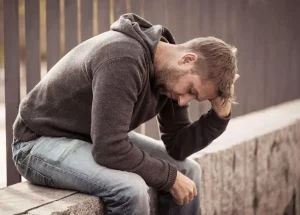
Some of the most https://ecosoberhouse.com/ successful philanthropists and helpers in this world are in recovery. Recovery teaches so many important life skills, including patience, compassion, forgiveness and acceptance, that the world needs more of it. The more you can bring what you’ve learned in recovery to others, the better.
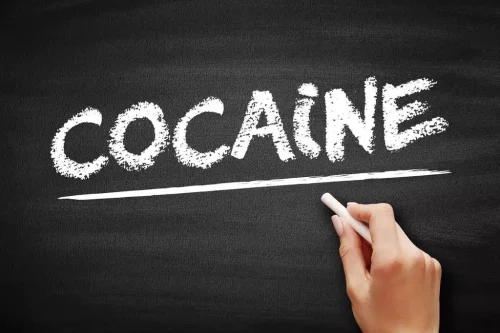
Signs You Should Go Back to Rehab After an Addiction Relapse
- I’ve had experience with recovery since 1996 and began working in the field in early 2004.
- A person will also regress away from others and dismiss aftercare commitments.
- Going back to rehab after a relapse is usually the last thing that a person wants to do, but it may be the only way to help get them headed back on the path to sobriety.
- You can use our treatment directory on Rehabs.com to search for programs across the country.
- Next, remove all the drugs or alcohol from the home so that they won’t be a temptation.
- We’re here 24/7 to help guide you or your loved on through rehab and recovery.
An important part of this is understanding the realities of relapse. You’ll need to know how to avoid relapse triggers and remove old habits to ensure a successful transition. Keep in mind that your after rehab plan is a long-term commitment, meant to provide you with ongoing holistic treatment after recovery. Dan has been working in the substance abuse treatment industry for over 25 years. His passion is helping addicts holistically and through a blend back to rehab of both western and eastern philosophies. Caitlin is our client’s family’s point of contact during the program.
Aftercare services can range in price depending on the level of service required. If you decide to return to your hometown after rehab, this will typically cost less than going to a distant city. Most Sober living house rehab facilities do not charge patients on a sliding scale based on their income.
We want to give recovering addicts the tools to return to the outside world completely substance-free and successful. The medical community considers relapsing to be a symptom of addiction and recovery. That is why many rehab centers offer special rehab programs that provide extended care or aftercare, lasting throughout a person’s lifetime. If you or a loved one experienced a relapse after a period of sobriety from drugs and alcohol, you can benefit from an addiction treatment program.
The Addiction Blog
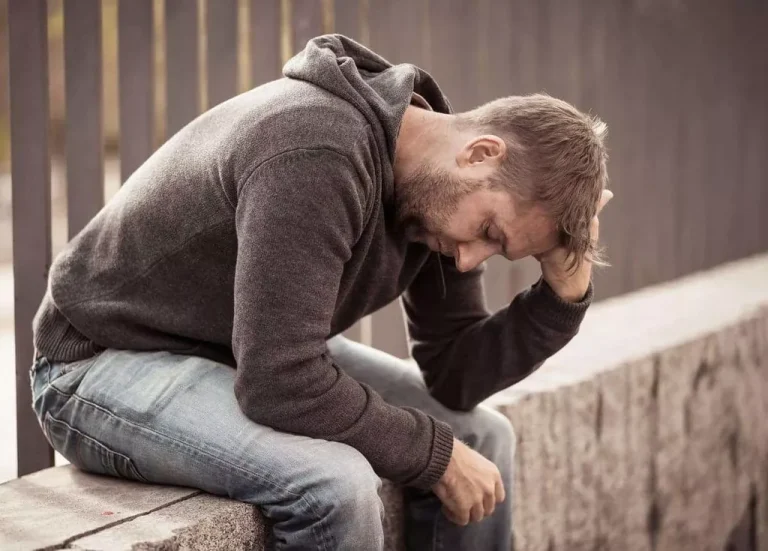
Addictions to substances that cause serious withdrawal symptoms require a stay at a rehab center that offers a detoxification program. In order to reduce the risk of relapse, a rehab center that has an aftercare program is also very important. Finding a rehab center that offers relapse prevention programs isn’t easy, especially for someone who needs specialized care because of their specific addiction.
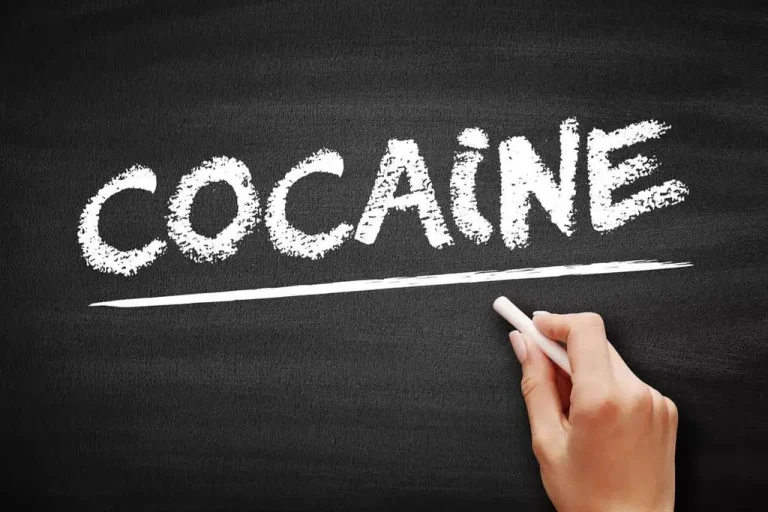
Should You Go Back to Rehab After a Relapse?
- These brief outpatient treatments may be beneficial in many ways, including avoiding the need to enter a more extensive rehabilitation facility.
- Now it’s time to take another step forward and embrace life after addiction treatment.
- JourneyPure Emerald Coast follows the medical model of addiction tailoring individualized, evidence-based treatment plans for each patient.
- For the past 9 years, she additionally has been overseeing the detox area, health services, and office of family support.
- But if you give proper attention to all three legs, and work your program to incorporate growth and healing into all three aspects, you’ll build a solid, supportive place for your recovery.
Aspects of your physical, mental, and spiritual recovery are discussed, including healing relationships, taking better care of yourself, and finding new ways of living. At Carolina Center for Recovery and affiliates, we aim to provide readers with the most accurate and updated healthcare information possible. Our certified medical reviewers are licensed in the mental health and addiction medicine fields and are dedicated to helping readers and prospective clients make informed decisions about their treatment. We adhere to strict accuracy guidelines and only reference credible sources when providing information on our website. If you do not address an emotional relapse, you will enter the mental stage of relapse.
